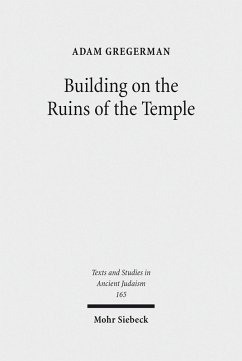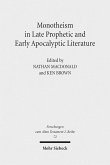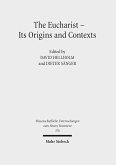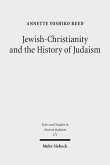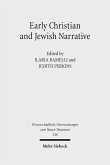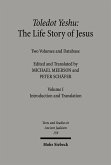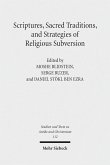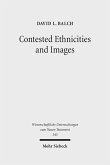In the immediate centuries after the Romans' destruction of Jerusalem and its Temple in 70 CE, Jews and Christians offered contrasting religious explanations for the razing of the locus of God's presence on earth. Adam Gregerman analyzes the views found in three early Christian texts (Justin's Dialogue with Trypho, Origen's Contra Celsum, and Eusebius' Proof of the Gospel) and one rabbinic text (the Midrash on Lamentations), all of which emerged in the same place - the land of Israel - and around the same time -the first few centuries after 70. The author explores the ways they interpret the destruction in order to prove (in the case of Christians), or make it impossible to disprove (in the case of the Jews) that their community is the people of God. He demonstrates the apologetic and polemical functions of selected explanations, for claims to the covenant made by one community excluded those made by the other. Born 1973; PhD in Religion at Columbia University; currently Assistant Professor of Theology and Religious Studies and Assistant Director, Institute for Jewish-Catholic Relations, Saint Joseph's University, Philadelphia, PA.
Dieser Download kann aus rechtlichen Gründen nur mit Rechnungsadresse in A, B, BG, CY, CZ, D, DK, EW, E, FIN, F, GR, HR, H, IRL, I, LT, L, LR, M, NL, PL, P, R, S, SLO, SK ausgeliefert werden.

